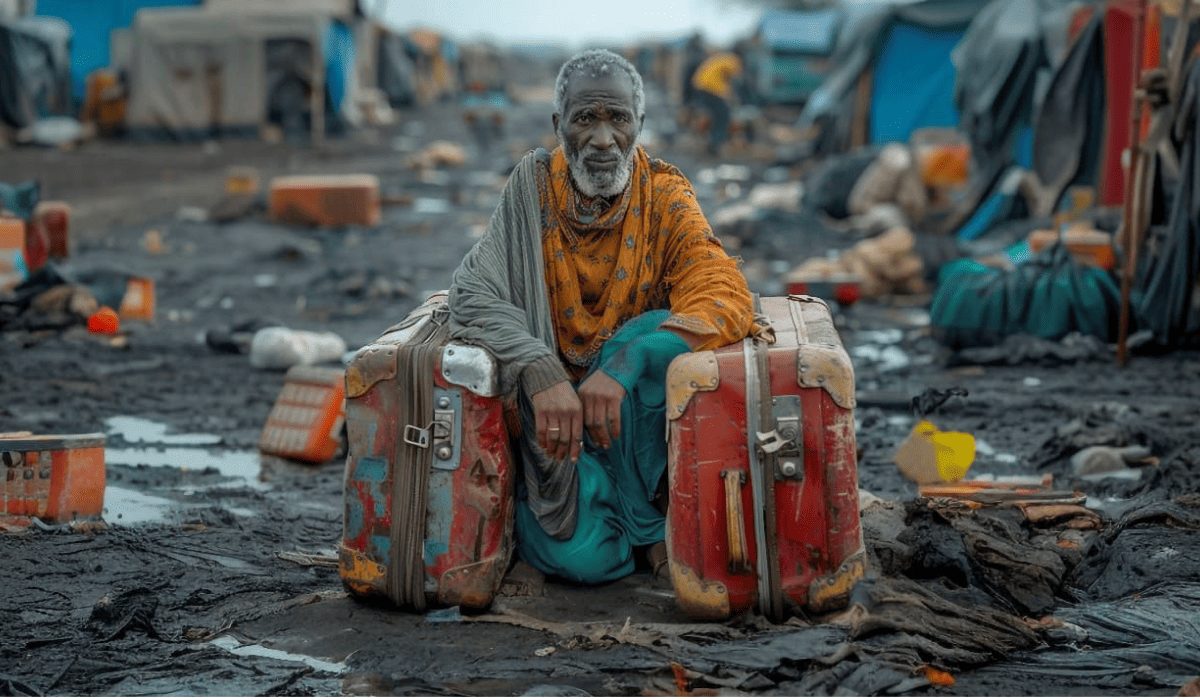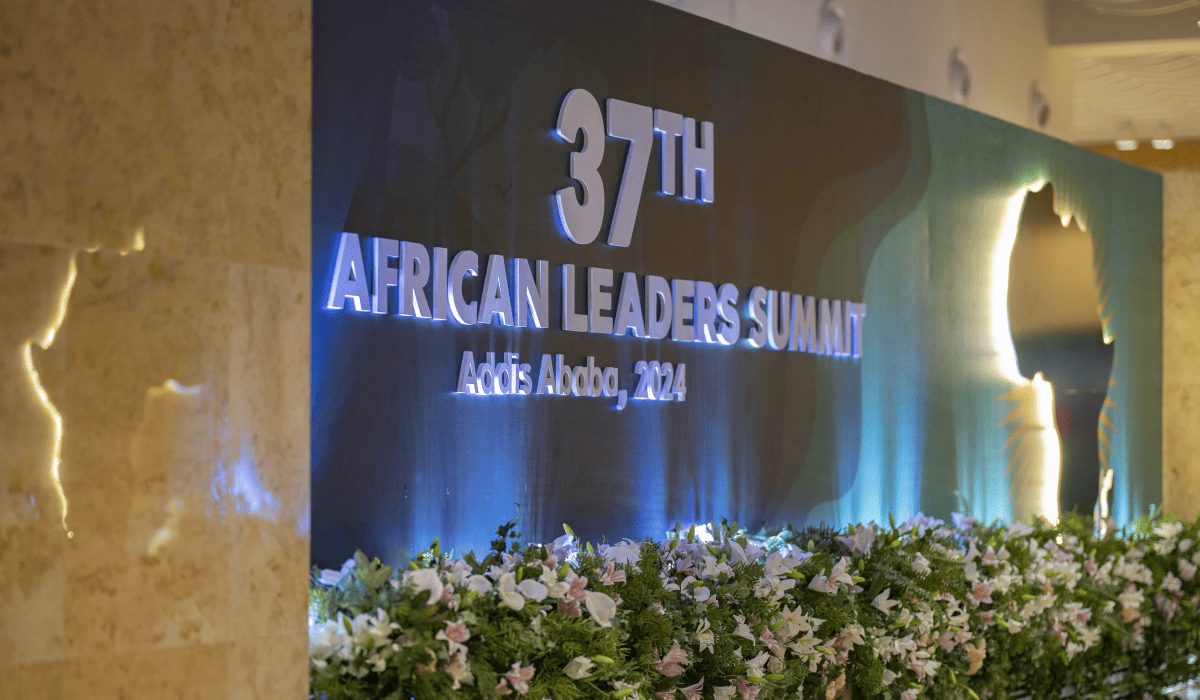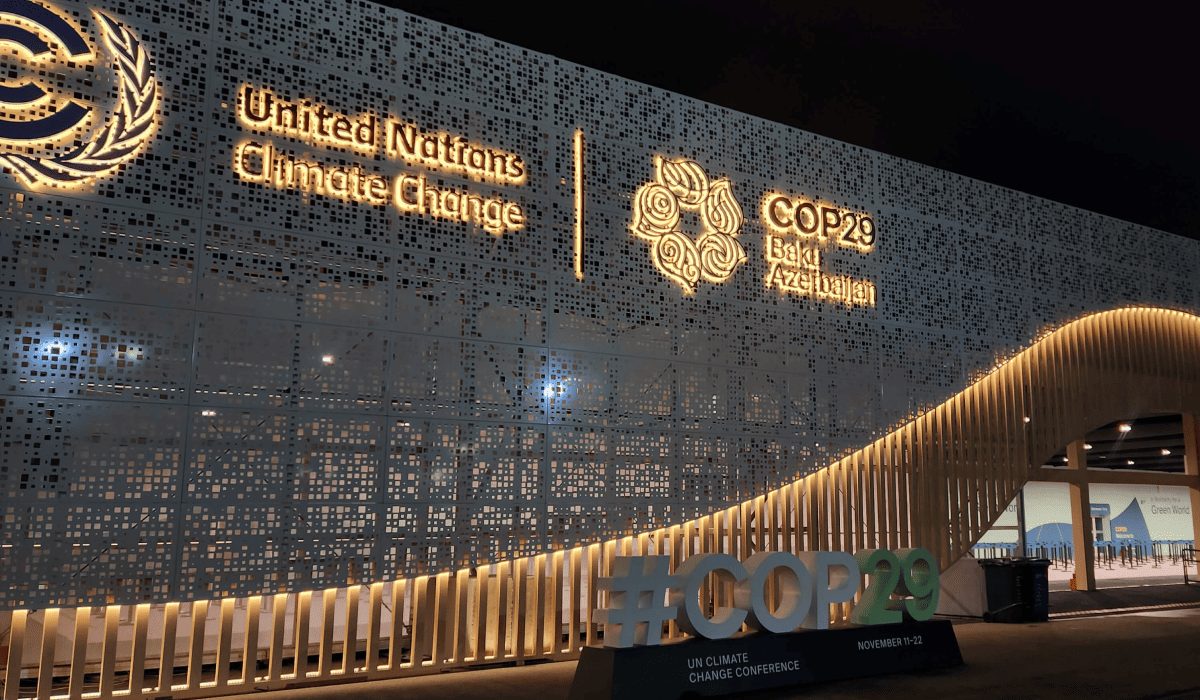In this Special Issue of the Monitor we focus on climate change related topics against the backdrop of the 29th session of the Conference of Parties (COP 29) held in Baku, Azerbaijan this month. Our headline piece features Dr Alhaji Sarjoh Bah who is the is the Director of the Conflict Management Directorate of the Political Affairs, Peace and Security Department at the African Union (AU) Commission. In this piece Dr Bah speaks on the AU’s priorities and efforts related to addressing climate change, peace, and security.
As the AU commemorates African Youth Month, Kopano Moraka provides some reflections on the outcomes of COP 29 from a youth perspective, emphasising the role of youth advocacy and storytelling. In our third article, Karabo Mokgonyana untangles the intricate link between fossil fuel and renewable energy project in Africa and their relation to conflict due to a lack of inclusivity and poor governance. We then conclude this Special Issue by zooming into Zambia’s capacity and resilience to adapt to climate change with a piece from Giulia Caroli, Cedric de Coning, Shaun Kinnes & Gracsious Maviza.







